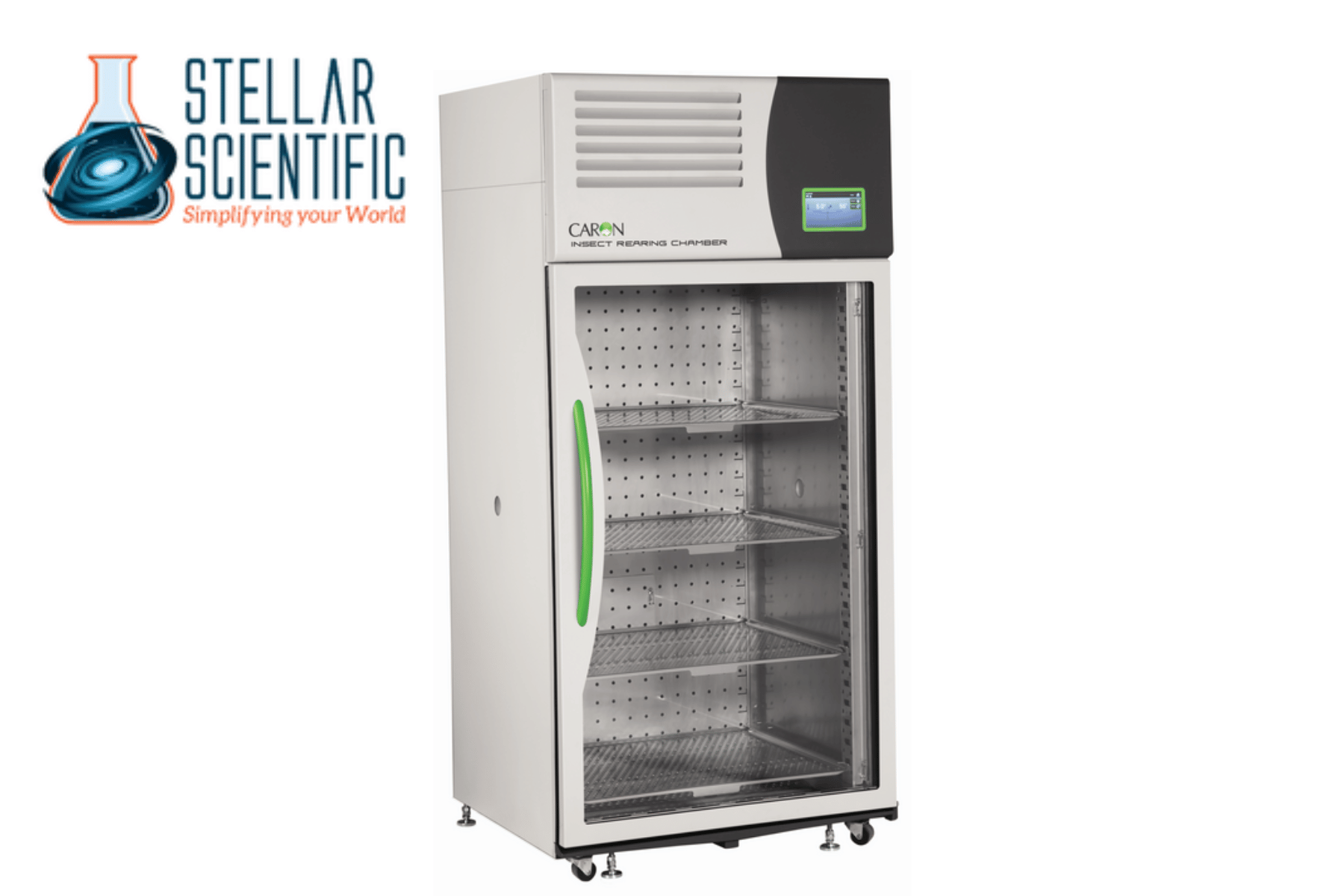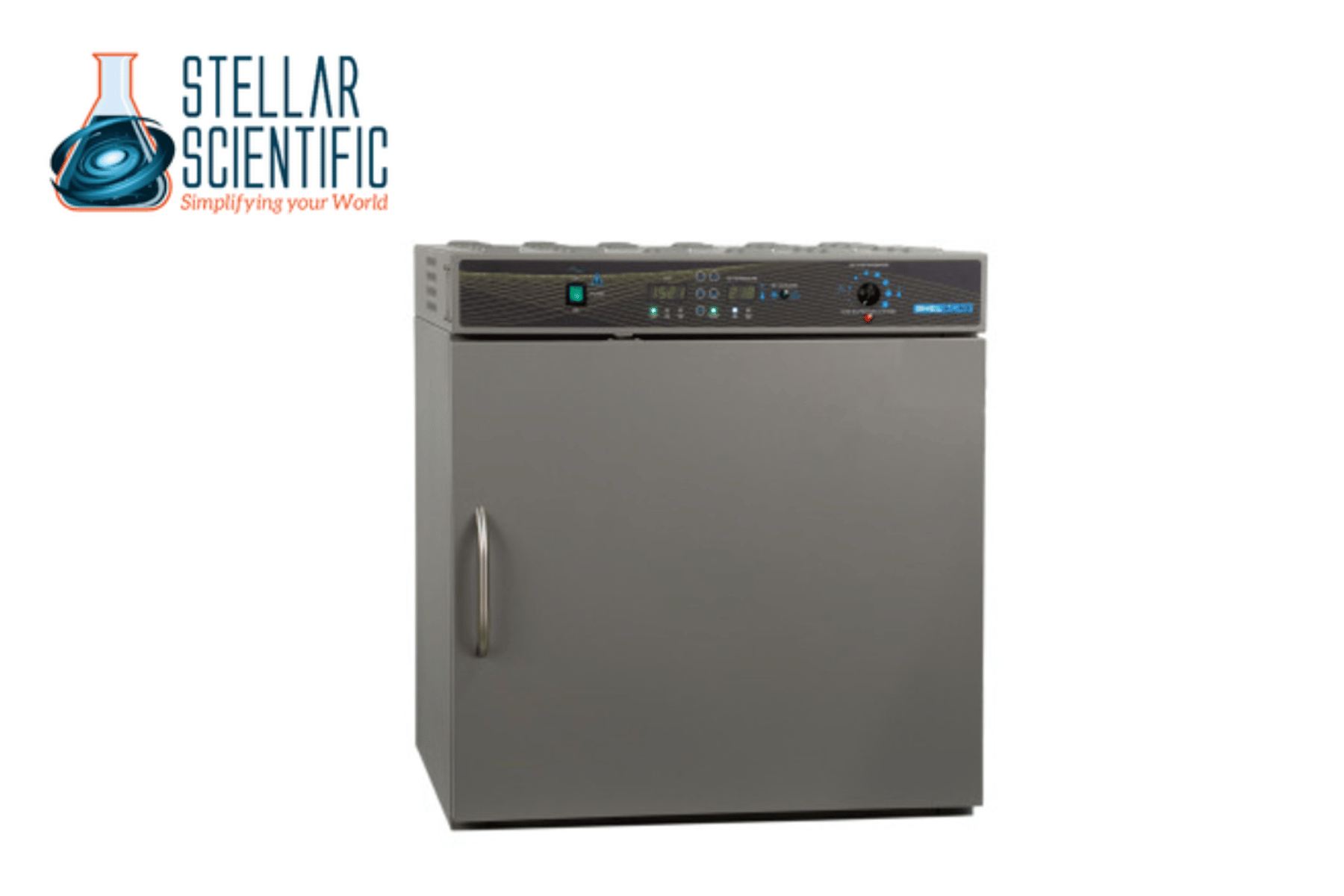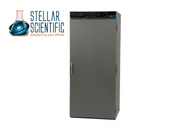Drosophila Incubators That Ensure Optimal Conditions for Study
15th Aug 2025
Drosophila melanogaster, more commonly known as the fruit fly, has become one of the most extensively studied organisms in biological research. From genetics and developmental biology to neuroscience and aging studies, Drosophila offers a wealth of insight due to its short life cycle, well-mapped genome, and ease of manipulation in laboratory settings.
To ensure consistent, reproducible results in Drosophila research, maintaining a controlled environment is essential. That’s where a specialized Drosophila incubator comes into play. These incubators provide precise conditions tailored to the species’ biological needs, supporting everything from basic maintenance cultures to complex experimental timelines.
What Is a Drosophila Incubator?
A Drosophila incubator is a temperature-controlled chamber specifically designed for maintaining fly stocks and conducting experiments involving fruit flies. Unlike standard laboratory incubators, Drosophila incubators must accommodate the unique environmental requirements of fruit flies, including stable temperature, humidity, ventilation, and sometimes light cycling for circadian rhythm studies.
Researchers depend on these incubators to maintain genetically stable fly populations, control mating timelines, and carry out generational experiments under carefully regulated conditions.

Key Features That Ensure Optimal Study Conditions
1. Precise Temperature Control
Drosophila development is highly temperature-sensitive. Even small fluctuations can significantly impact developmental timing, fertility, and viability. The ideal temperature range for most experiments lies between 18°C and 29°C, depending on the research goals.
High-quality Drosophila incubators are equipped with accurate, programmable temperature control systems to maintain a consistent environment. This precision is critical for standardizing experimental timelines and ensuring reproducibility.
2. Humidity Regulation
Humidity plays a significant role in maintaining the condition of culture media and preventing desiccation. Insufficient humidity can cause the culture media to dry out prematurely, affecting larval development. On the other hand, excessive humidity can promote mold growth, compromising the health of fly populations.
Drosophila incubators often include integrated humidity controls or ports that allow for external humidifiers to maintain optimal levels, generally around 60–70%.
3. Stable Air Circulation and Ventilation
Ventilation is necessary to remove carbon dioxide and other gases produced by active fly cultures. However, it must be balanced to avoid drying out culture bottles or vials. Advanced Drosophila incubators are designed with gentle air circulation systems that ensure uniform conditions throughout the chamber without disturbing the delicate environment of fly cultures.
Some units feature HEPA filters to maintain a clean air environment and prevent microbial contamination.
4. Programmable Lighting Options
For studies involving circadian rhythms, sleep cycles, or photoperiod responses, lighting conditions must be tightly regulated. Drosophila incubators with programmable light/dark cycles enable researchers to simulate natural day-night rhythms, which are essential for many behavioral and genetic studies.
LED lighting systems are often used due to their energy efficiency, minimal heat emission, and programmability.
5. Internal Capacity and Modular Shelving
Space efficiency is another important consideration in Drosophila research. Labs often maintain multiple strains simultaneously. Incubators with adjustable, modular shelving systems allow researchers to maximize storage while maintaining optimal air and temperature distribution.
Transparent doors and interior lighting also make it easier to monitor cultures without disturbing the environment inside.
6. Reliable Alarm and Monitoring Systems
Any deviation from preset environmental parameters can affect experimental outcomes or destroy valuable fly stocks. That’s why a high-performance Drosophila peltier refrigerated incubator is equipped with alarms for temperature or humidity fluctuations. Some models feature data logging or connectivity options for remote monitoring, giving researchers peace of mind around the clock.
Applications Across Research Fields
Genetics and Developmental Biology
Drosophila’s genetic tractability makes it a staple for understanding gene function, inheritance, and developmental processes. Reliable incubators help ensure that embryonic and larval development proceeds under predictable conditions, allowing for precise phenotypic analysis.
Neurobiology and Behavior
Because of its relatively simple nervous system and well-documented behaviors, Drosophila is widely used in neuroscience. Behavioral experiments involving sleep, learning, memory, and circadian rhythms require strict control over temperature and light exposure, both of which are easily managed with advanced Drosophila incubators.
Aging and Lifespan Studies
Lifespan experiments require long-term maintenance of fly populations under stable conditions. Even minor environmental fluctuations can affect results. Drosophila incubators designed for minimal vibration and long-term temperature stability help ensure the integrity of aging studies.
Toxicology and Pharmacology
Researchers testing the effects of drugs or environmental toxins on fruit flies need a consistent rearing environment to minimize variables. Drosophila incubators support these studies by delivering reproducible culture conditions across multiple experimental runs.
How to Choose the Right Drosophila Incubator
Selecting the right incubator depends on your lab’s specific requirements. Here are some key questions to consider:
- Do you need programmable light cycles? If your research involves circadian rhythms or behavioral assays, a unit with programmable lighting is essential.
- What capacity do you need? Consider the number of fly bottles or vials you need to incubate simultaneously.
- Do you require remote monitoring? For long-term or high-value experiments, incubators with monitoring and alarm systems can help safeguard your research.
- What level of environmental control do you need? Labs in regions with fluctuating ambient conditions may benefit from incubators with enhanced insulation and precise humidity control.

Maintenance Tips for Long-Term Use
To get the most out of your lab Drosophila incubator:
- Regularly clean shelves and interior surfaces to prevent microbial contamination.
- Inspect and replace filters as needed to maintain airflow quality.
- Calibrate sensors and controllers periodically to ensure accurate environmental settings.
- Keep culture bottles organized to avoid overcrowding, which can affect air circulation and experimental outcomes.
Proper maintenance extends the life of your incubator and ensures the reliability of your data.
Trusted by Research Professionals
Researchers around the world rely on well-designed Drosophila incubators to advance our understanding of biology. From university labs to pharmaceutical research facilities, maintaining precise and reproducible culture conditions is key to scientific progress.
By choosing an incubator tailored for Drosophila studies, labs can reduce environmental variability and protect their valuable fly stocks, ultimately leading to clearer insights and more successful experiments.
About Stellar Scientific
Stellar Scientific is a reliable partner in laboratory research, offering a wide selection of high-quality lab equipment and consumables. From incubators and centrifuges to pipette tips, gloves, and cleaning agents, our product line supports a wide range of research needs. We serve academic institutions, biotech companies, hospitals, and clinical labs with a focus on performance, consistency, and value. Our Drosophila incubators are chosen by professionals who require dependable environmental control for their most critical experiments.

